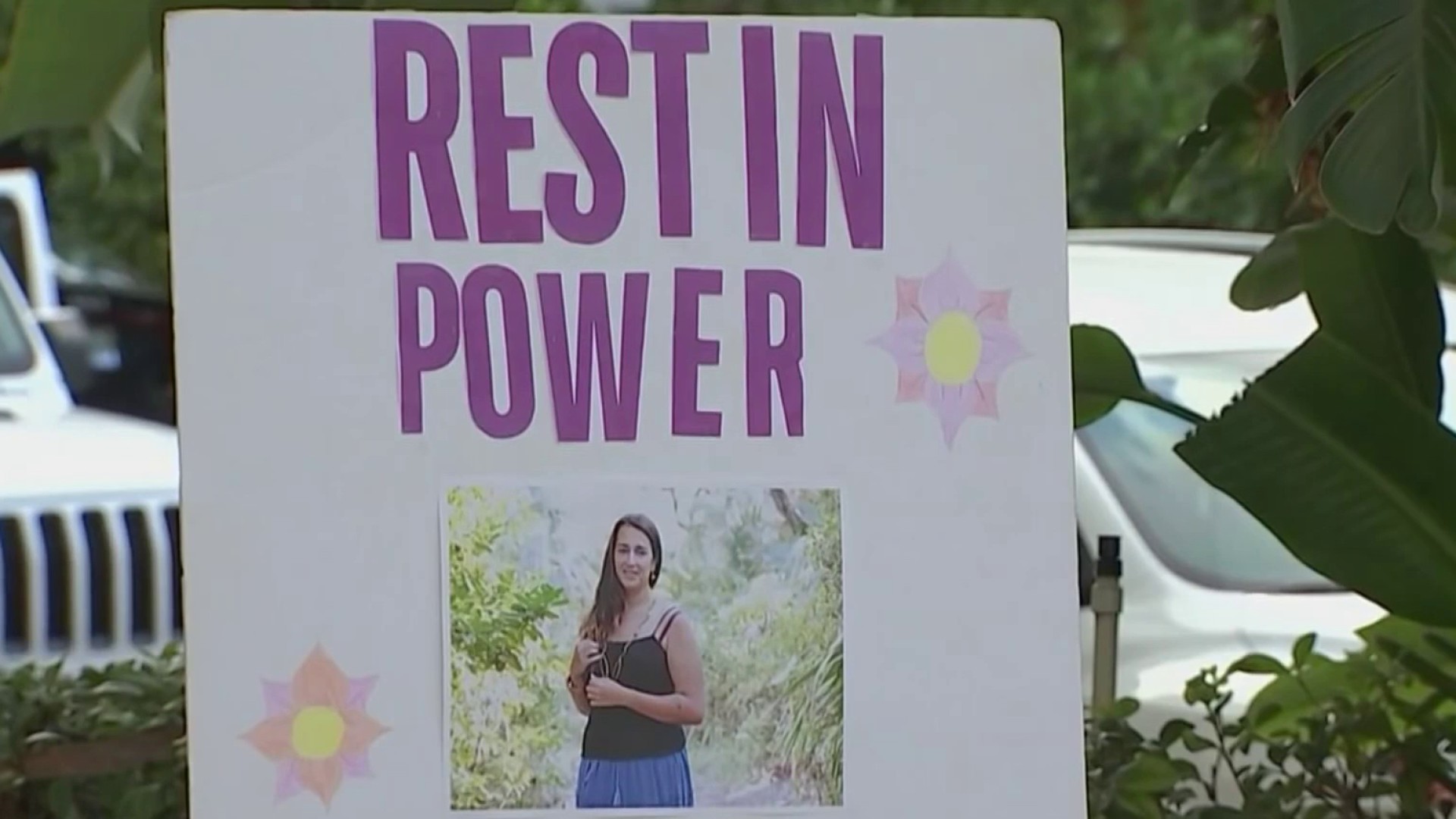According to Friday's latest Morbidity and Mortality Weekly Report by the Centers for Disease Control and Prevention, monkeypox has been reported in nine U.S. states, including Florida.
Dr. Jennifer McQuiston, a CDC official, said the overall health risk to the public remains low right now as the outbreak spreads in the U.S.
As of Wednesday, there were 346 confirmed and suspected cases in 22 countries outside of Africa, where the virus is endemic, according to Our World in Data.
Get South Florida local news, weather forecasts and entertainment stories to your inbox. Sign up for NBC South Florida newsletters.
The reported cases in Florida are specific to Broward County, though whether they could be connected is unknown at this time.
South Florida doctors have since shared what the general public needs to know about the disease.
The WHO said Monday it is too soon to tell whether a recent monkeypox outbreak could lead to a global pandemic, but noted that there is a "window" of opportunity to curb rising cases.
Local
"We don't want people to panic or be afraid and think that it's like Covid," the WHO's Sylvie Briand said during a briefing.
The public health body said there are "still many unknowns" related to the spike in cases in non-endemic countries, but said the risks to the general public remain low.
However, there are still several precautions you can take to reduce your risk of contracting the virus.
Recommendations from the U.S. Centers for Disease Control and Prevention, the U.K.'s National Health Service and WHO include:
- Avoid coming into contact with people recently diagnosed with the virus or those who may have been infected.
- Wear a face mask if you are in close contact with someone who has symptoms.
- Use condoms and keep an eye out for symptoms if you have recently changed sexual partners.
- Avoid coming into contact with animals that could be carrying the virus. This includes sick or dead animals and particularly those with a history of infection, such as monkeys, rodents and prairie dogs.
- Practice good hand hygiene, especially after coming into contact with infected — or suspected infected — animals or humans. For instance, wash your hands with soap and water or use an alcohol-based hand sanitizer.
- Use personal protective equipment when caring for patients with confirmed or suspected monkeypox infection.
- Only eat meat that has been cooked thoroughly.
The CDC is providing guidance on case definitions, identification of contacts, clinical management, and infection control and prevention within health care facilities and the home.
It is also creating resources for disseminating information on monkeypox and supporting laboratory testing infrastructure domestically and globally.



